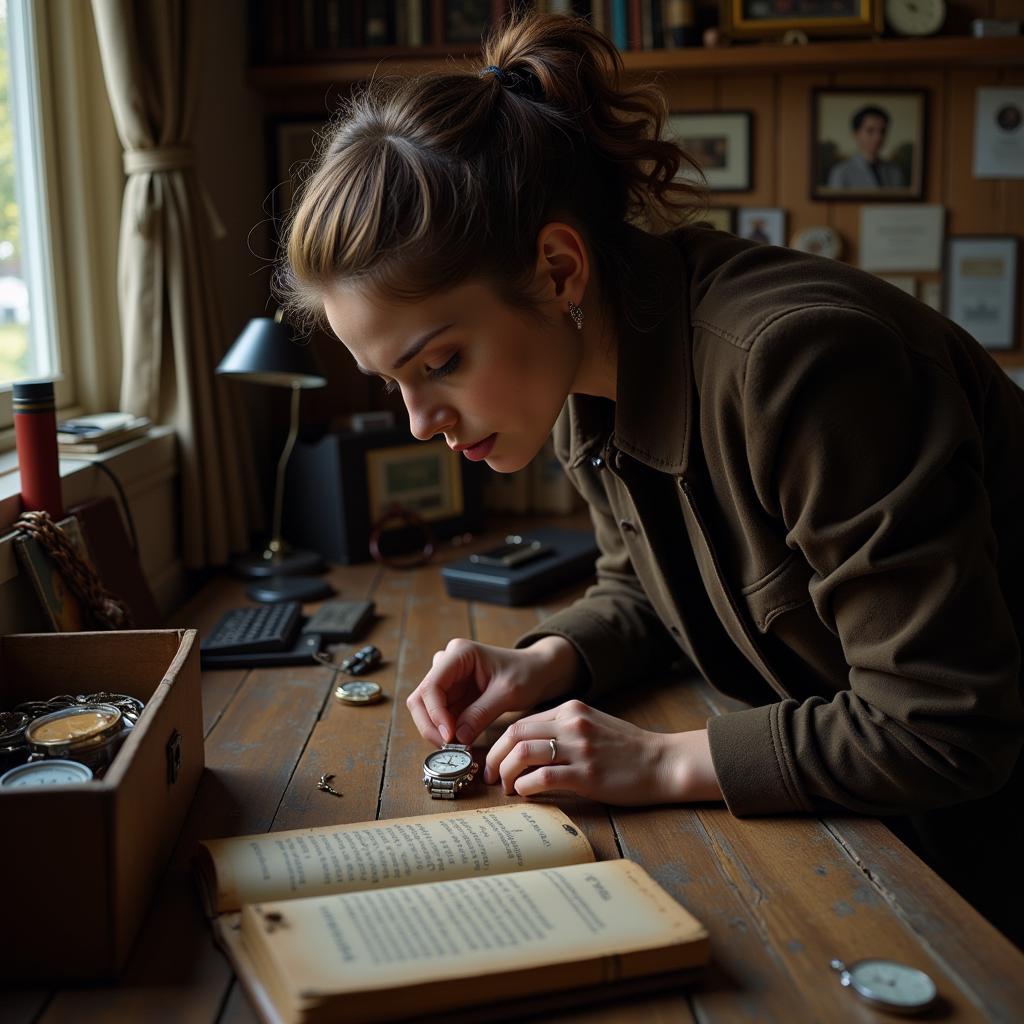When discussing personal experiences about losing valuable items in IELTS Speaking, it’s crucial to convey emotions and details effectively. Similar to describe a time when you attended a traditional event or festival, this topic requires structured responses and engaging storytelling.
Part 1: Introduction Questions
Common questions examiners may ask:
- Have you ever lost anything important?
- How do you usually keep your valuable items safe?
- What would you do if you lost something valuable?
Sample answer (Band 8-9):
“I’m extremely cautious with my belongings, but occasionally accidents happen. I typically keep track of my valuables by having designated places for them and using security measures like password protection for electronic devices.”
Part 2: Cue Card
Describe a time when you lost something valuable
You should say:
- What you lost
- When and where you lost it
- What you did to find it
- And explain how you felt about losing it
Sample Answer (Band 8-9):
“I’d like to share an experience about losing my grandfather’s vintage watch, which holds immense sentimental value. Just like describe a dish that is special to your family, this watch was a cherished family heirloom.
I distinctly recall that fateful day last summer when I was attending a conference in downtown Chicago. The watch mysteriously disappeared during my lunch break at a bustling café. I was absolutely devastated when I realized it was missing from my wrist.
I immediately sprung into action, retracing my steps meticulously. I contacted the café staff, filed a report with their security team, and even put up notices around the area. The situation was particularly anxiety-inducing because the watch had been passed down through three generations.
Much to my relief, after two days of intense searching and countless phone calls, one of the café’s staff members found it caught between some cushions in their seating area. The experience was emotionally draining but taught me valuable lessons about being more mindful of precious possessions.”
Sample Answer (Band 6-7):
“I want to talk about when I lost my phone last year. It was quite expensive and had all my important information. I lost it while shopping at the mall. I looked everywhere and asked the security guards to help me. I felt very worried and upset. Finally, I found it in the food court where I had lunch. I was very happy to get it back.”

Part 3: Discussion Questions
Q: Why do people become attached to material possessions?
Sample Answer (Band 8-9):
“People often develop emotional connections to material possessions because they symbolize significant memories or relationships. Just as describe an important lesson you learned from your family, these items can represent important life lessons and values.”
Q: How has modern technology changed the way we handle lost items?
Sample Answer (Band 8-9):
“Technology has revolutionized our approach to securing and recovering lost items. We now have sophisticated tracking systems and digital platforms that enable quick identification and location of missing possessions. This has made the process significantly more efficient and systematic.”
Key Vocabulary and Phrases
- Sentimental value /ˌsentɪˈmentl ˈvæljuː/ (adj. + n.) – emotional worth beyond monetary value
- Irreplaceable /ˌɪrɪˈpleɪsəbl/ (adj.) – impossible to replace or replicate
- Devastated /ˈdevəsteɪtɪd/ (adj.) – feeling severe shock and grief
- Spring into action (idiom) – to begin acting or working suddenly and quickly
- Retrace steps (phrase) – to go back along the same route
Examiner’s Tips
- Focus on emotional expression when describing the loss
- Use varied vocabulary to describe feelings and actions
- Include specific details about the search process
- Structure your response chronologically
- Practice describing different types of valuable items
Like describe a foreign language you admire, maintaining fluency and natural expression is crucial when discussing personal experiences of loss.